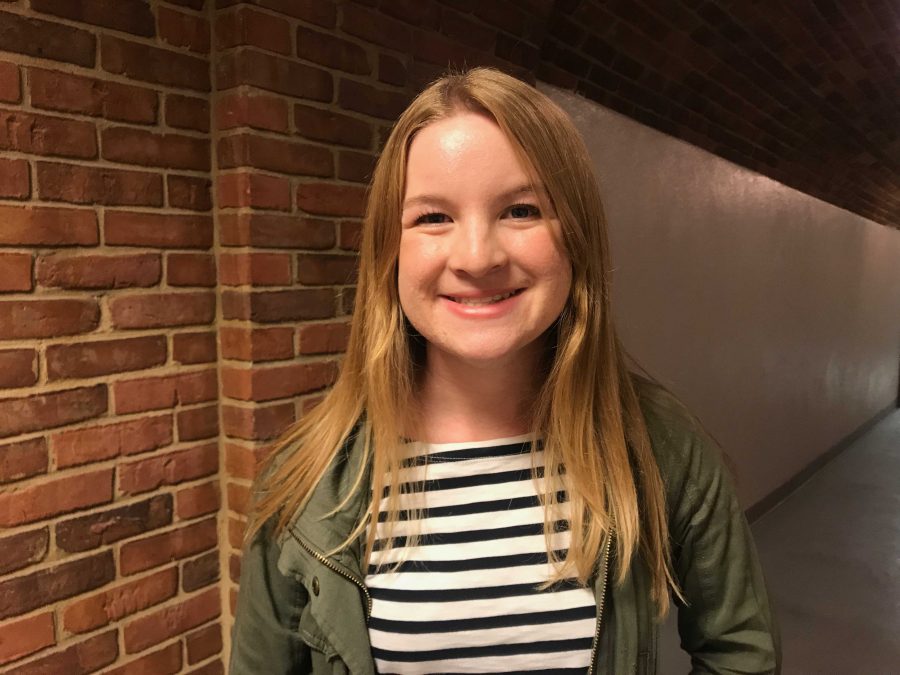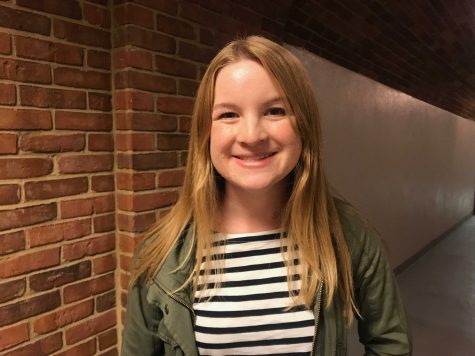Whether we like it or not, we live in an age of constant documentation. Everything we do– from going to parties to ordering Insta-worthy desserts– can be frozen forever and plastered all over the digital world. Few things, it seems, go unrecorded.
But fear not: this isn’t the anti-social media tirade you’ve heard far too many times, and it certainly isn’t a criticism of our culture’s fixation on documentation. In fact, it’s quite the opposite. Documentation is crucial. It serves our memories, breeds our nostalgia, sheds light on our past and shapes our present. But the way we go about it now, through social media platforms and shorthanded statements, eliminates its biggest benefits.
My opinion is not that we should quit documenting our lives on social media. But here’s my call to action: that even while residing in this digital dimension, we once in awhile lapse into the primitive and do one important thing: write. Because writing, more than anything else on this planet, has the ability to preserve our experiences and capture our realities. After all, this is how it all began, 3700 years ago, with the first writers of the world.
They wrote to give permanence to the lives they were living.
Let me take you back a little.
In 3500 B.C., when the ancient residents of Uruk raised blunt reeds to moistened clay, they weren’t writing for fun. They weren’t striving for cathartic release or self-understanding. Their wedge-shaped marks formed pictographs that preserved meanings in ways that the spoken word could not. With numerals and word signs, the Mesopotamians kept economic records, documented livestock, and developed the script that came to be cuneiform. They wrote of the gods they worshipped and the stories they told, of the temple estates they built and the leaders they followed. They wrote to organize current affairs and to educate their posterity. They wrote to give permanence to the lives they were living.
This view on writing has changed the way I live my life and the way I choose to document it. Although I’m a bit different from these ancient scribes, piecing together words rather than symbols, on paper rather than clay, I write with the same intentions. Like those who founded my most treasured diversion, I write to keep a record.
Although I wish to be, I am not quite as selfless as the first writers of the world. My records hardly provide societal value or generational wisdom. In fact, they rarely inform anyone other than me. They bring to light the shifts in my perspective, the expansion of my experiences, and the evolution of my voice. When memory is distorted by personal bias, my writing remains an account of who I am.
For as long as I can remember, I have been keeping this record. I remember writing my first story in first grade, and thinking, without ever a flash of doubt, that I was a sensation. Writing felt like flying, and it was all I wanted to do. When someone in the class finished a story, she would earn the regal privilege of sitting upon the classroom throne (rocking chair) and reading it aloud to her subjects (classmates). I called my first story “The Fish,” and welcomed the stardom that would inevitably come with revealing my literary marvel to the world. The story chronicled the gripping exploits of two jaded goldfish who longed to break free of the monotony of captivity and return to the thrill of open seas.
When memory is distorted by personal bias, my writing remains an account of who I am.
Since then, no disrespect meant to sea creatures, my stories have changed. I write less about fictional people and more about the real ones who have shaped my life. And even though my documents have evolved in style and theme, my writing continues to guide me. The content changes, but looking back at the record of the voices I heard and the convictions I felt always helps me find true north.
My records are stored in my desk drawers, computer files and blog posts. Through weird word combinations and fiery arguments, they preserve the many skins I have shed. And though nowadays I rarely write about fish, my first story will no doubt be much like my last. On the surface I was a first grader paying homage to the Pixar summer blockbuster of 2003. But even then, I was keeping a record, freezing a still of that little girl, not much different in stature from today, breaking boundaries, spattered with sea spray, putting pen to paper.
So join me. Excavate your journals from the depths of dusty drawers, and write about what you see, how you feel and who you are. Every once in awhile, stop to keep an authentic record. Like the ancient Mesopotamians, and like a six-year-old ripping off “Finding Nemo,” document your life through your words. When you look back at the record, as an older, wiser version of the person who created it, you’ll thank yourself for harnessing that voice. One day, it might guide you, comfort you or take you on a humbling journey to your roots. But no matter how it ends up serving you, it’ll mean a whole lot more than an Instagram post.
Jenna Moldaver is a first-year in the College of Arts and Sciences. She can be reached at jenna.n.moldaver@vanderbilt.edu




